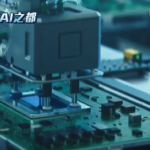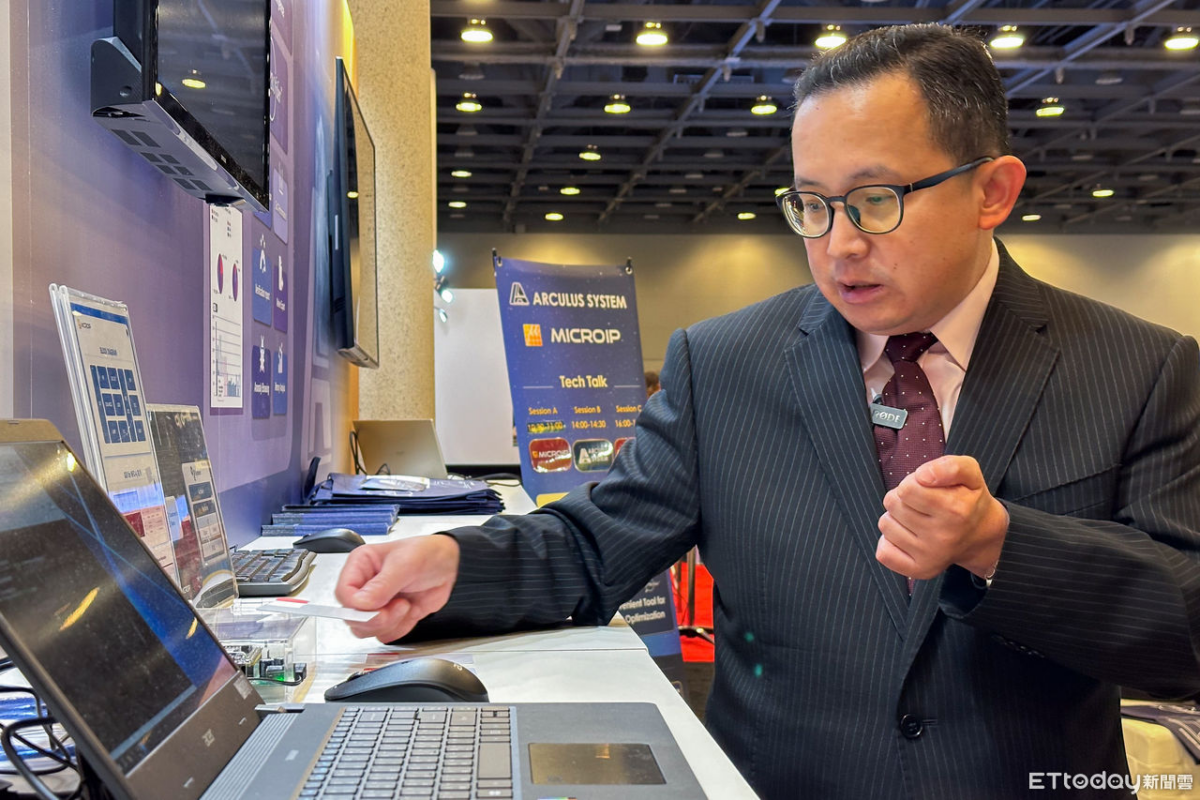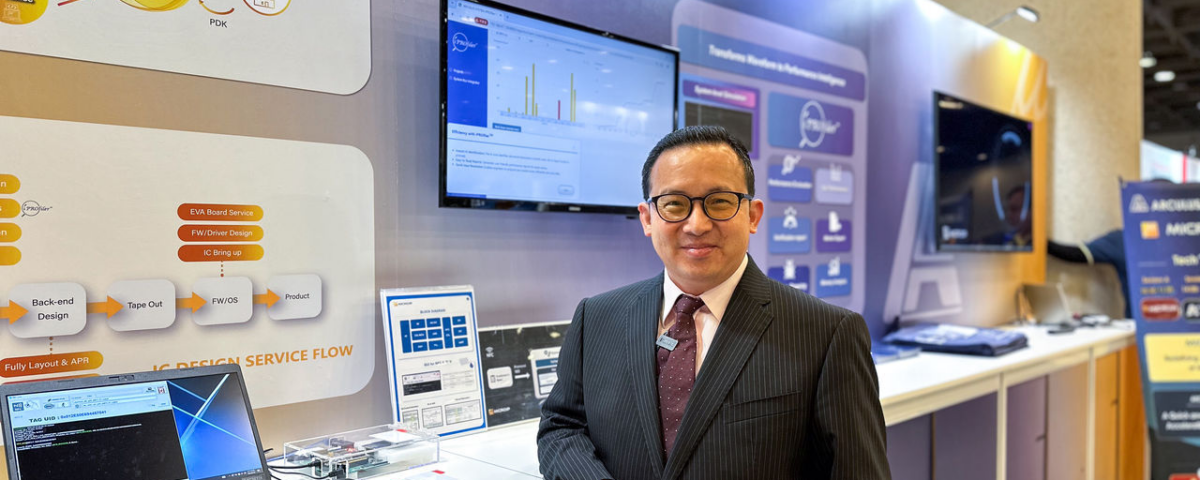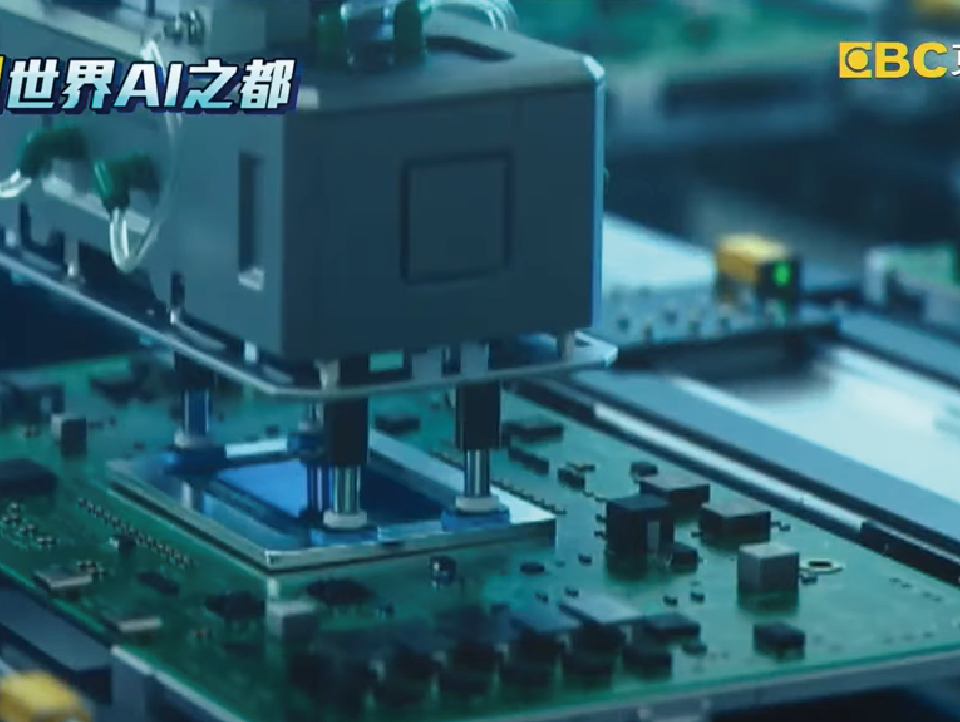
EDA Revolution in the AI Wave: Breaking Traditional IC Design Boundaries
2024 年 7 月 29 日▲Arculus System Chairman James Yang ( photo source : ETtoday )
The global demand for AI chips is gradually increasing, making Taiwan’s semiconductor supply chain and concept stocks the focus of attention. Arculus System, an emerging company, is preparing for an IPO in the United States, using EDA design tools to penetrate the top three chip companies globally. Even international chip giants need this small company’s services.
James Yang, who graduated from National Tsing Hua University and the University of Southern California, and holds a PhD in Electrical Engineering from New York University, has experience working in Silicon Valley and Taiwan’s semiconductor giants. Recognizing the development potential of EDA tools, he decisively founded the startup Arculus System, continuously investing in EDA development. Currently, besides having the foundational architecture for 5nm process chips, the company has also gained favor from international giants, gradually advancing towards more advanced processes.
In the tech industry, EDA is seen as the “mother of chips.” Compared to the mentally exhausting traditional architecture design, James Yang’s team emphasizes “automation” with their EDA services. They use computer software to shorten the complex semiconductor product development time, while solving issues quickly through AI performance verification and debugging during the design process.
James Yang cites the company’s latest product, iPROfiler™, as an example. This EDA service uses AI functions to comprehensively verify architecture designs, quickly assessing which architecture meets customer needs within the overall database, and further customizing optimizations. Additionally, it can detect performance and track the subsequent conditions of the chips, significantly reducing the time and power costs of chip production, fully leveraging the design potential of System-on-Chip (SoC).
These results are a demonstration of “software-hardware integration.” James Yang says that NVIDIA’s strong competitive advantage in the AI market is also due to the integration of hardware and software platforms, making it easier for chip engineers to implement related applications. The same logic can be seen in Arculus System’s EDA resources, which not only expand Taiwan’s strong integrated circuit design but also help engineers overseas create more convenient EDA architecture design environments.

( photo source : ETtoday )
In fact, James Yang’s initial entrepreneurial idea was that Taiwan’s semiconductor industry has many outstanding talents and research resources. How to continue the industry’s advantages lies in the core value of intellectual property (IP). Thus, he and his team placed relevant IP patents on a platform, similar to creating an IP mall, allowing related companies to purchase the needed IP through the platform, assisting other companies in designing their desired chips, while also helping the engineers who developed these IP patents to profit.
“Some IP patents may be outdated or no longer cared about, but some companies still need them, thereby realizing their residual value,” James Yang said. When chips are upgraded, related patented technologies may be left idle. The concept of this IP mall is similar to an intellectual property database. When customers find suitable needs, the value can be fully realized.
James Yang pointed out that the AI era cannot be without EDA because EDA services primarily have two aspects: architecture design and performance analysis. These include algorithms to quickly identify problems for customers, reduce R&D costs, and significantly improve chip development efficiency.
EDA not only emphasizes automation but also leverages the power of databases. By introducing AI algorithms to design more AI chips, it quickly launches high-quality products in the market. Therefore, James Yang’s new business model is not limited to EDA services but also aims at a comprehensive “design service,” assisting customers from specifications, design, to manufacturing, and completing the chip product.
The development of iPROfiler™ over the past two years has already been well-received by the industry. This year, James Yang further publicly showcased EDA’s AI capabilities. Next, Arculus System will continue to expand its order map, collaborate with more international giants, and is planning to apply for an IPO in the United States. Whether it can secure a place among the world’s top five EDA companies is highly anticipated in the semiconductor industry.
News source :https://finance.ettoday.net/news/2767659



